James Morrison played in Melbourne a few weeks ago with the ensemble of students and faculty from his Jazz Academy in Mount Gambier. It was a fine occasion full of life and energy that had nothing to do with the University of Divinity, except metaphorically. Not for the first time, the interplay of harmonies, the movement between individual and corporate responsibility for keeping the melody flowing, and the beat at the heart of dazzling variations reminded me of academic life, and of the church too. Like jazz, both institutions that intersect in the UD depend on the creative interpretation of tradition. Also like Morrison, and the work for which the Jazz Academy is increasingly respected, scholars usually flourish best in a network of mentors and colleagues.
Mentoring was in focus explicitly at the event convened by the Australian Collaborators in Feminist Theologies at Pilgrim Theological College at the end of August. Forty people gathered to hear Professor Joy Damousi from the University of Melbourne and Ms Alexandra McMullen with a background in VET and projects shared with the Brotherhood of St Laurence, introduce the programs they had designed to enable people, especially women and others currently under-represented in the academy, to contribute more effectively and to offer leadership.
The statistics leave no doubt that the discipline of theology in Australia, and the University of Divinity within it, lags behind other disciplines and tertiary institutions where mentoring programs are in place. But it was also sobering to hear that markers of women’s participation are stagnating across Australian higher education generally. Active mentoring helps challenge entrenched assumptions and keep the door open for new voices to offer fresh perspectives into the conversation. More representative institutions benefit everyone, even those who find their access to power is no longer taken for granted.
In the long-term project of cultural change, some steps are simple and immediate.
Strategies to foster the skills and capacities needed across academic life were one dimension of the conversation: identifying strengths and weaknesses, claiming those strengths and working on the weaknesses. Practical tips such as having more than one mentor, seeking mentors who were not a predictable or easy fit, and recognising informal as well as formal mentoring opportunities, all emerged as talking points. Deeper questions of vocation also came into play as discussion focussed on the significance of resilience and the role of collegiality.
The program run since 2014 as part of Prof Damousi’s ARC Kathleen Fitzpatrick Laureate Fellowship has created communities of younger women scholars around Australia that continue to support and encourage each other. Applications for this national program are open again in 2019.
The group that gathered was also keen to continue the conversation about the contribution of feminist theology, in particular, to re-shaping the academy, encouraging and equipping non-traditional leaders to make their voices heard. This brings us back to jazz. Traditionally, the band might have had an all-male look with the contribution of women confined to vocals but that’s changing; even, slowly, in Australia. (https://www.nytimes.com/2017/12/01/arts/music/year-in-jazz-women-musicians.html, https://theconversation.com/why-is-there-so-little-space-for-women-in-jazz-music-79181)
Watch this space.
Gallery of photos taken at the Testament of Mentors event
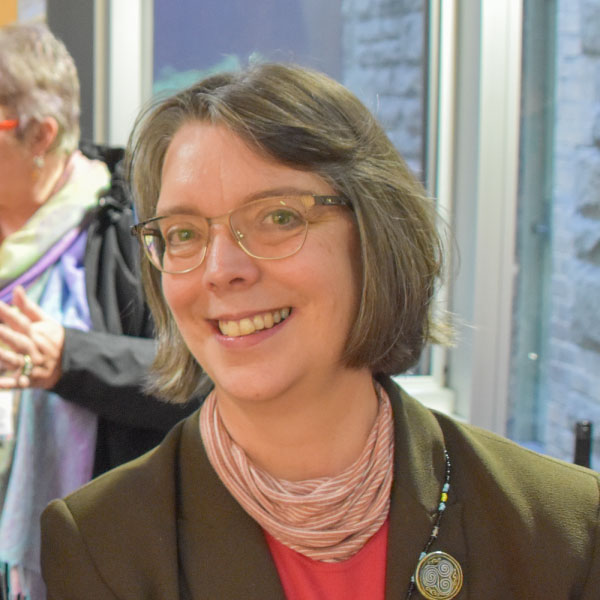
Associate Professor Katharine Massam is the Academic Dean at Pilgrim Theological College, University of Divinity. Katharine’s research explores intersections between Christian tradition and wider culture in postcolonial, settler societies, including Australia. She writes on the history of Christian spirituality (especially Benedictine traditions), cross-cultural encounter in the Australian mission context, the dynamics work and leisure, and is especially interested in methodologies that open-up neglected sources and experience (such as historical readings of space and place, devotional literature, art, music, and material culture).


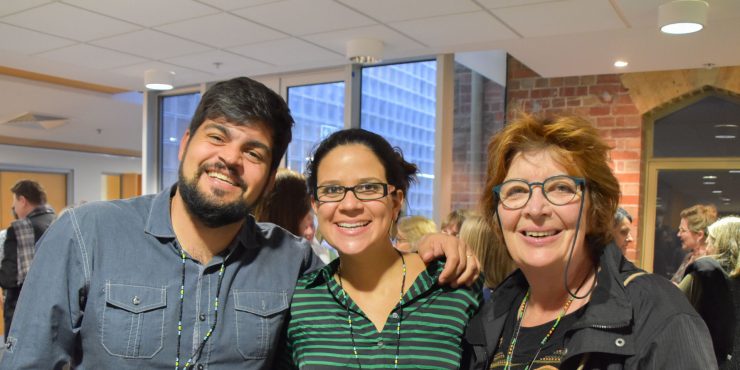
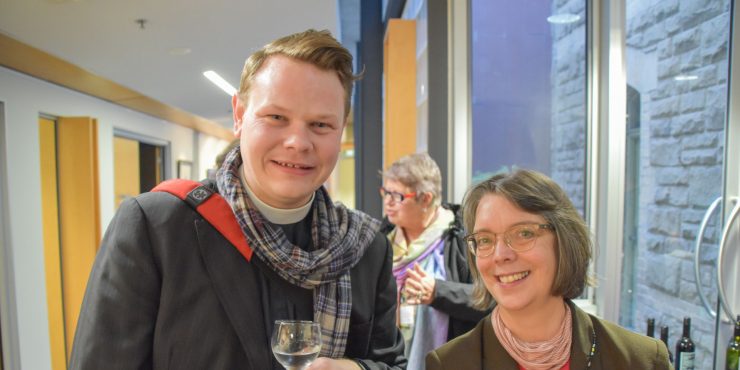
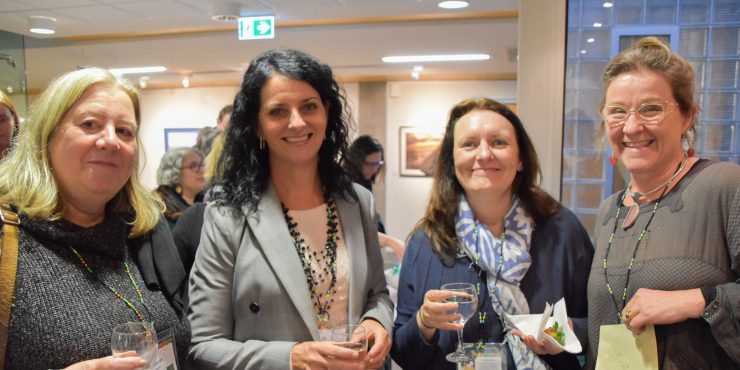
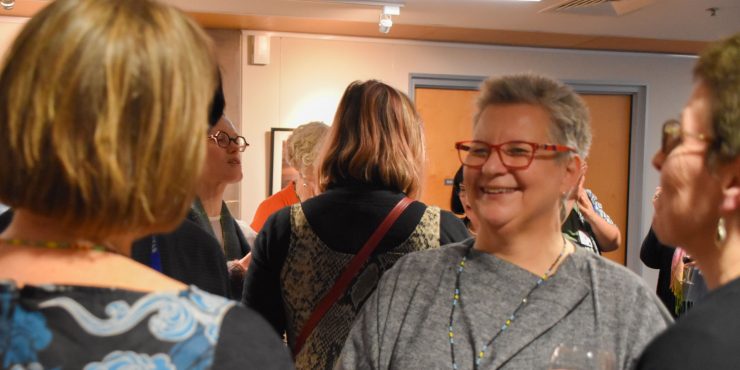
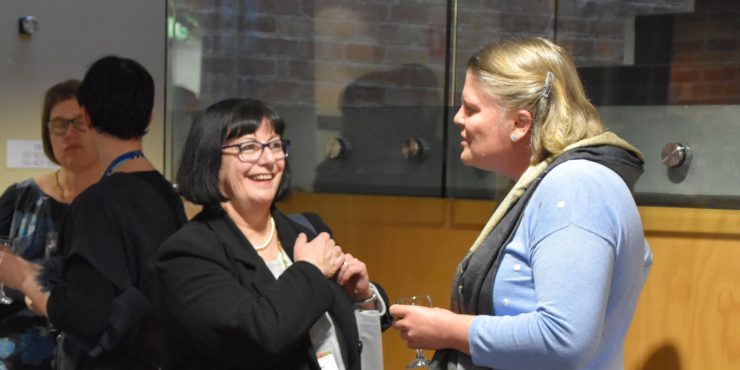
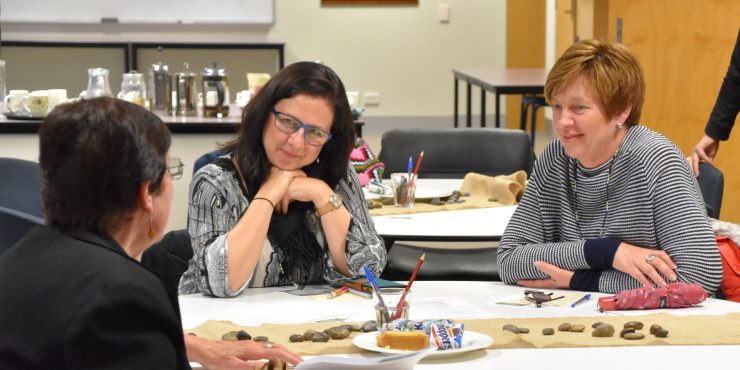
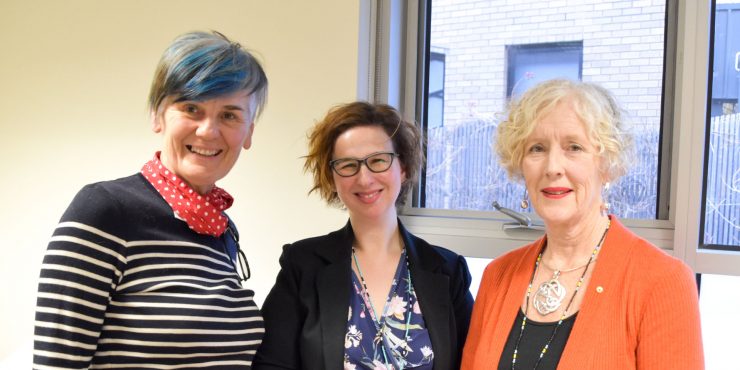
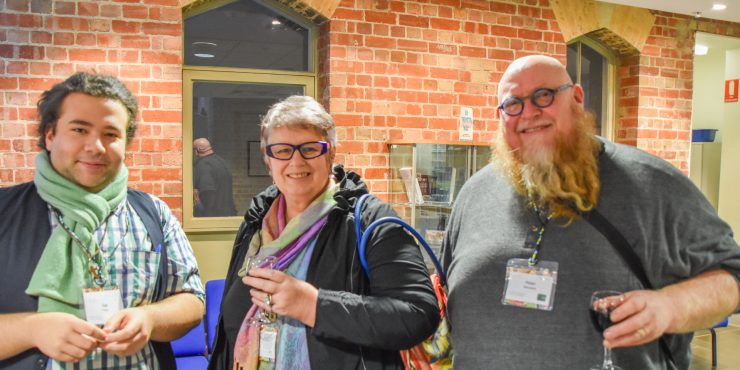

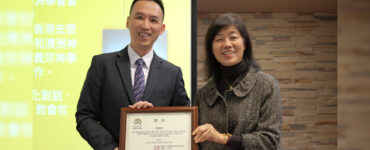
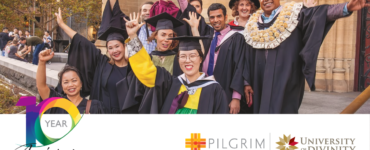

Add comment